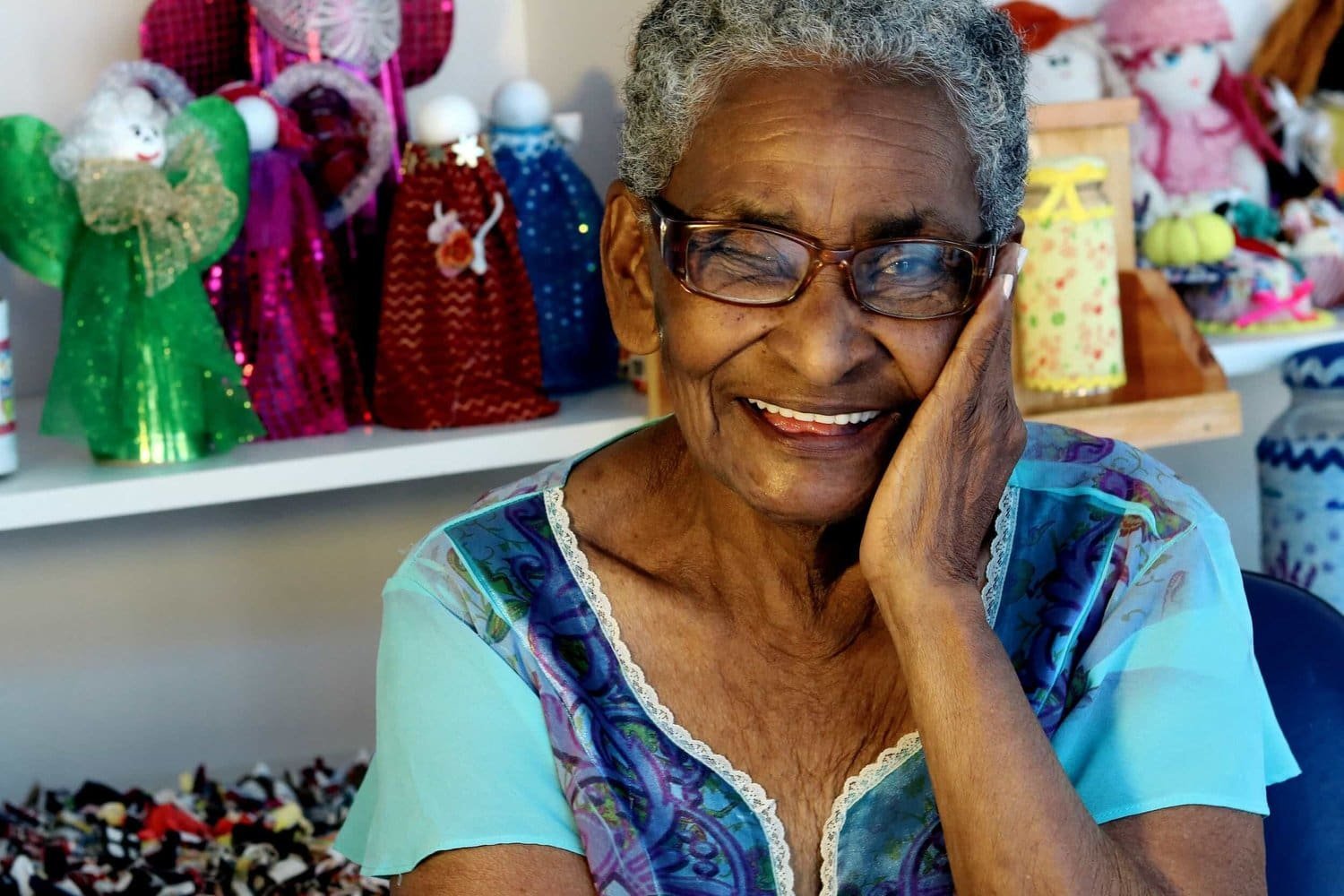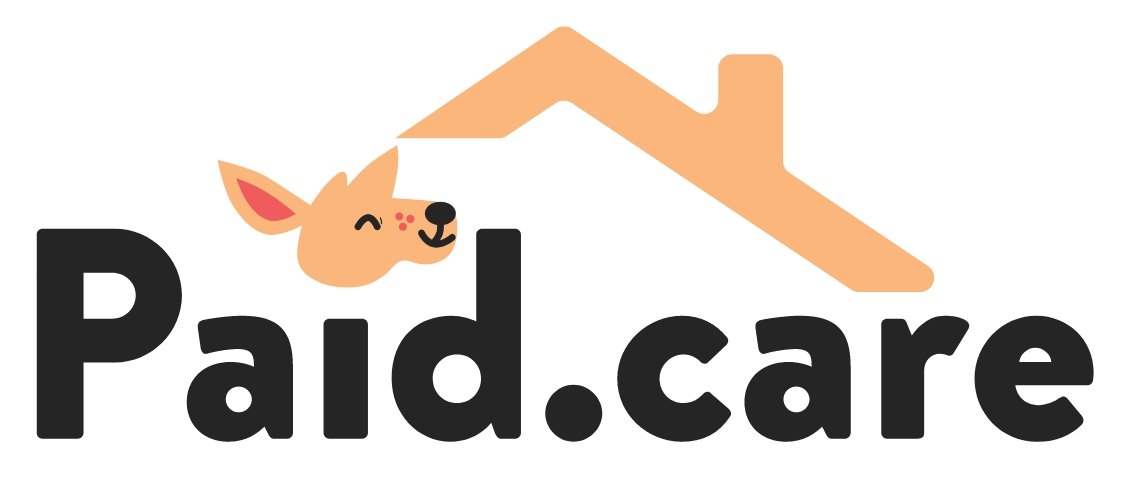Caretaker vs. Caregiver: Understanding the Key Differences
Discover the nuances between caretakers and caregivers in the realm of caregiving.
Defining the Roles
Caretaker and caregiver are two terms that are often used interchangeably, but they actually have distinct roles and responsibilities within the realm of caregiving.
A caretaker is someone who takes care of another person's physical needs and well-being. They are responsible for providing assistance with activities of daily living, such as bathing, dressing, feeding, and mobility.
On the other hand, a caregiver is someone who provides both physical and emotional support to a person in need. They not only assist with daily tasks, but also offer companionship, empathy, and encouragement. Caregivers are also typically a more formal role and oftentimes hired through independent home care agencies.
Responsibilities and Duties
The responsibilities and duties of a caretaker and a caregiver can vary depending on the specific situation and the needs of the individual receiving care.
A Caretaker is typically more of an informal role. However, Caretakers can be responsible for tasks such as helping with personal hygiene, medication reminders, managing medical appointments, and ensuring a safe and clean environment.
Caregivers, in addition to these tasks, also provide emotional support by engaging in meaningful conversations, offering companionship, and providing a sense of security. Caregiving is typically more of a formal care role.
Both caretakers and caregivers play crucial roles in ensuring the well-being and comfort of those they care for.
Qualifications and Training
To become a caretaker or caregiver, certain qualifications and training may be required depending on the specific job or situation.
Caretakers may need to possess certifications or degrees in fields such as nursing, gerontology, or home health care. They may also receive training in CPR, first aid, and other relevant skills.
Caregivers, while not always requiring formal qualifications, can benefit from training programs that provide knowledge on topics such as communication skills, dementia care, and managing challenging behaviors.
State programs vary drastically when it comes to becoming a caretaker or caregiver, so reach out to a local home care agency near you to determine training requirements.
It is important for caretakers and caregivers to continuously update their skills and knowledge in order to provide the best possible care to those they serve.
Emotional Support and Compassion
One key difference between caretakers and caregivers is the level of emotional support and compassion they provide.
Caretakers, while focused on meeting physical needs, may have limited capacity to offer emotional support due to time constraints or other factors.
Caregivers, on the other hand, prioritize emotional well-being alongside physical care. They often establish deep connections with the individuals they care for and provide a listening ear, empathy, and comfort.
The emotional support and compassion provided by caregivers can significantly enhance the quality of life for those in their care.
Challenges Faced
Both caretakers and caregivers face unique challenges in their roles.
Caretakers may experience physical strain and exhaustion due to the demanding nature of their responsibilities. They may also face challenges in balancing their own personal lives with their caregiving duties.
Oftentimes, caretakers aren’t compensated for their work and doing it out of the good of their hearts.
Caregivers, in addition to physical demands, may also experience emotional stress and burnout. They may feel overwhelmed by the emotional weight of their role and the constant need to provide support.
It is important for both caretakers and caregivers to prioritize self-care and seek support from others to navigate these challenges effectively.
There are also plenty of federal and state-funded programs in place through Medicare, Medicaid, VA Programs to provide support and training to family or friend caretakers and caregivers.
Join the Paid.care Paid Family Caregiver Program
If you are interested in becoming paid for your caregiving services, consider joining the Paid.care Paid Family Caregiver Program.
This program offers opportunities for individuals to provide care to their loved ones while also receiving financial support for their services.
By joining the Paid.care Paid Family Caregiver Program, you can make a meaningful difference in someone's life while also gaining valuable experience and financial stability.
Visit the Paid.care website to learn more about this program and how you can get involved.




